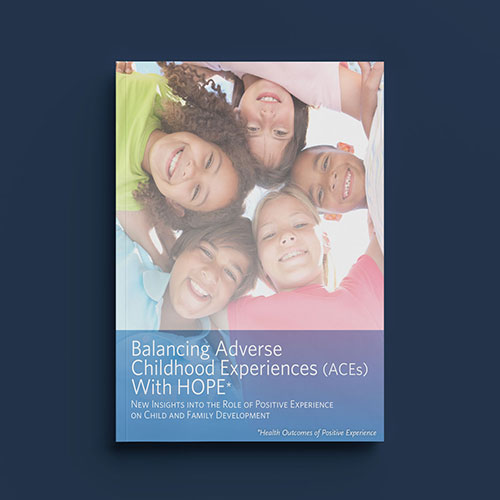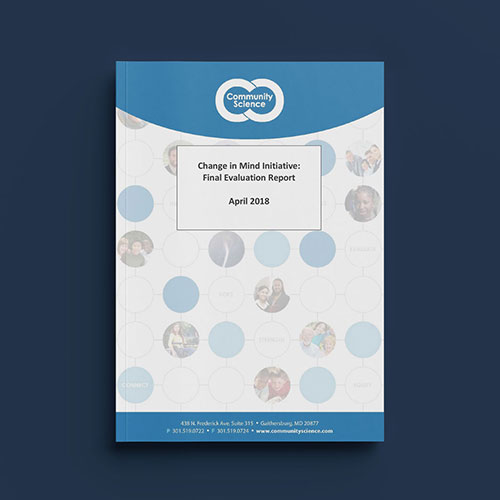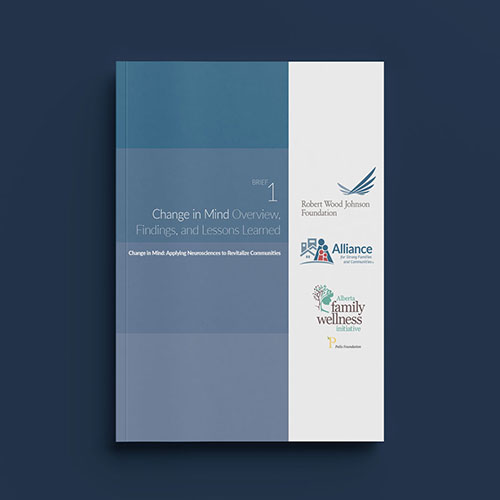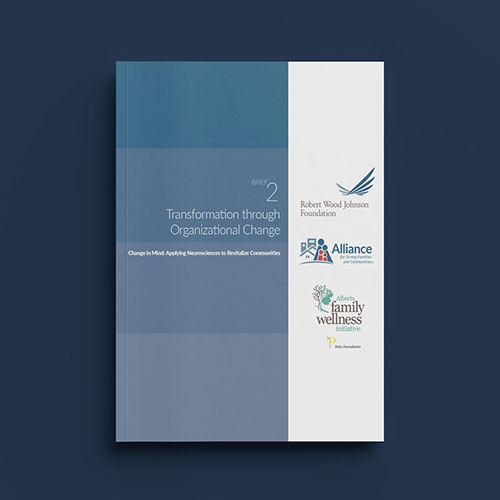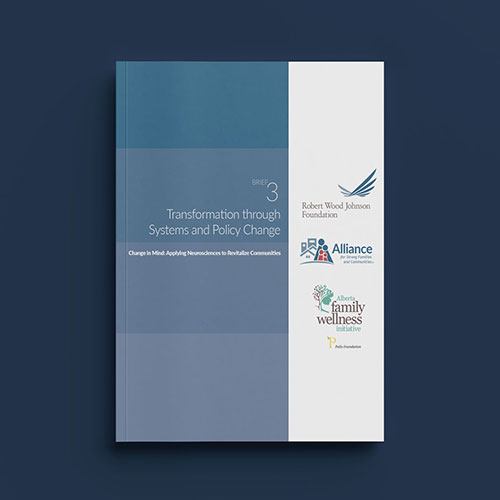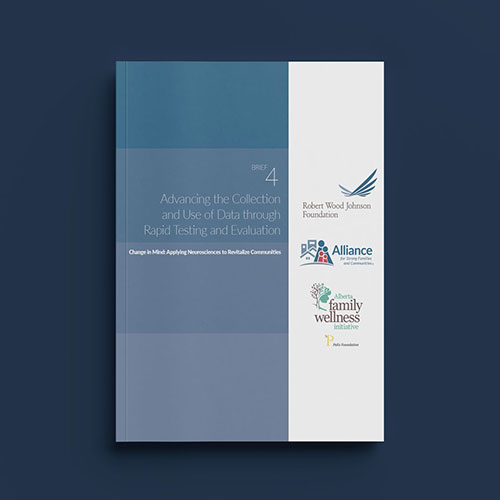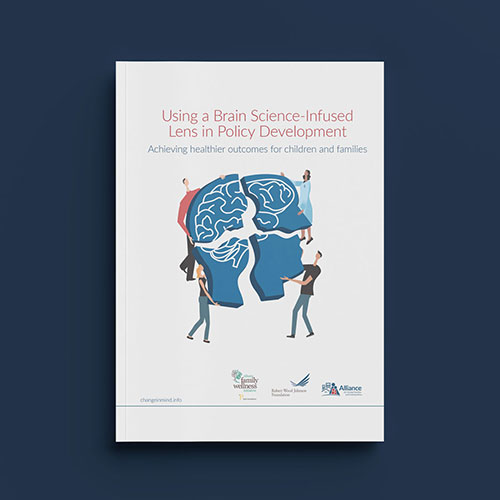The sites were chosen by a selection committee that included representatives from the Alliance for Strong Families and Communities, NORC at the University of Chicago, Episcopal Health Foundation, Powell Foundation, graduates of the Change in Mind Institute, and subject matter experts in the Texas area.
Through their engagement in the Change in Mind learning collaborative experience, participating organizations are determining their own paths for creating the transformation best suited to their unique needs. The process of embedding brain science and race equity principles and practices leads to improved outcomes for children and families. In addition, it further enhances their organizational cultures and leadership ability to work collaboratively with partners to build better service systems and policies.
The Change in Mind Institute received more than $727,000 each from both The Powell Foundation and Episcopal Health Foundation for the Texas initiative. In addition, St. David’s Foundation provided over $310,000 to support the development of critical tools that bring a race equity lens into this initiative and its evaluation. Finally, an anonymous donor is funding rigorous outcome and impact studies of multiple levels of this work.
“We are thrilled to lead this collaborative learning process in partnership with these 10 sites,” says Jody Levison-Johnson, president and CEO of Social Current. “As we’ve seen with our previous learning collaborative, understanding and embedding the core story of brain development, along with racial equity principles, can have a profound positive impact on an organization’s internal operations as well as its work to build resilience in children and families.”
About Episcopal Health Foundation
By providing millions of dollars in grants, working with congregations and community partners, and providing important research, the Episcopal Health Foundation (EHF) supports solutions that address the underlying causes of poor health in Texas. EHF is based in Houston, has more than $1 billion in estimated assets, and operates as a supporting organization of the Episcopal Diocese of Texas. #HealthNotJustHealthcare
About The Powell Foundation
The Powell Foundation is a private, family foundation based in Houston, Texas and focused on improving the lives of Harris, Travis and Walker County residents. The Foundation seeks to foster community wellbeing by empowering children, families, and individuals with the conditions, supports and skills necessary to thrive. It is particularly focused on ensuring that children achieve college and career readiness by supporting the entire education continuum, from early childhood development through post-secondary education completion. Visit powellfoundation.org for more information
About St. David’s Foundation
The mission of St. David’s Foundation is to help improve the health and well-being of the most underserved Central Texas neighbors in Williamson, Travis, Hays, Bastrop, and Caldwell Counties. Through a unique partnership with St. David’s HealthCare, the Foundation invests over $75 million each year into the community making them one of the largest health foundations in the country. St. David’s Foundation investments have helped improve health prospects for hundreds of thousands of Central Texans.

